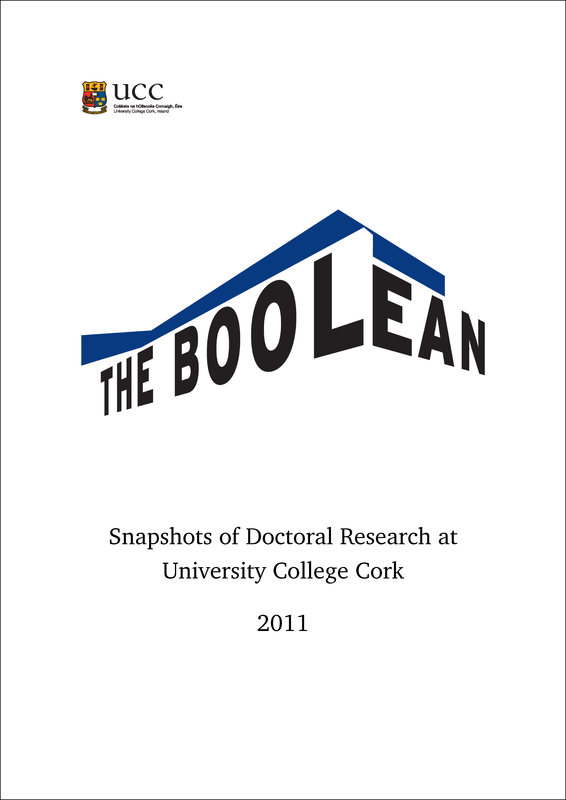Development of a robust degassing process for carbonated beverage using gas stripping
DOI:
https://doi.org/10.33178/boolean.2011.16Abstract
The modern beverage industry works in a dynamic and very competitive market, with increasing sales but decreasing profit margins. Projected global sales for carbonated soft beverages are expected to reach $195 billion by 2014. Carbonated drinks are differentiated from other drinks by their “fizziness” (that comes from the dissolved carbon dioxide), which creates a “tingling” sensation in the mouth, and provides a unique taste sensation. They can be divided in non-alcoholic and alcoholic beverages. The non-alcoholic drinks are known as soft drinks and can be fruit based (orange, lemon and lime), cola type drinks (Pepsi, Coca cola), or others such as new energy drinks (like Red Bull), while alcoholic carbonated drinks include beer, cider, sparkling wines, etc. In order to maintain the flavour and the other quality attributes at the appropriate consumer level of appreciation, it is necessary to perform several quality control (QC) analyses. The most usual quality control ...References
Published
2011-01-01
Issue
Section
Articles
License
Copyright (c) 2011 the author(s)

This work is licensed under a Creative Commons Attribution-NonCommercial-NoDerivatives 4.0 International License.



